With the final season of The Handmaid’s Tale upon us, Gilead’s chilling grip on our imagination feels more relevant than ever. As real-world threats to bodily rights, privacy, and personal freedoms intensify, these novels delve into the struggle for self-determination against oppressive forces — whether political, technological, or societal. They remind us that our liberties are never guaranteed, and that the battle to defend them is more urgent than ever.
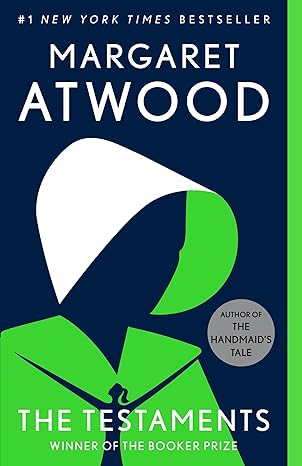
The Testaments by Margaret Atwood
Atwood returns to Gilead in The Testaments, offering new perspectives on resistance. Set years after The Handmaid’s Tale, this sequel introduces fresh voices in the ongoing defiance against the regime. As women challenge the system from within, we see the pressing need to confront power structures and reclaim control over one’s body and future.
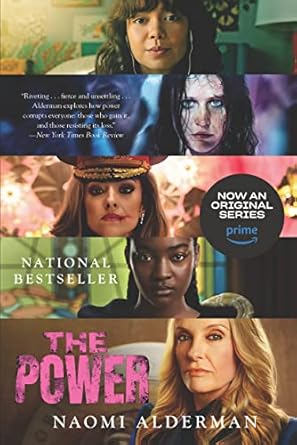
The Power by Naomi Alderman
In a world where women develop the ability to generate electrical shocks, the balance of power shifts overnight, which sparks upheaval, resistance and unforeseen consequences. As society reckons with this new reality, Alderman explores how authority and dominance can be reshaped, but not easily eradicated. The Power, now a gripping Prime Video series, offers a chilling look at how oppression can take new forms, no matter who holds the reins.
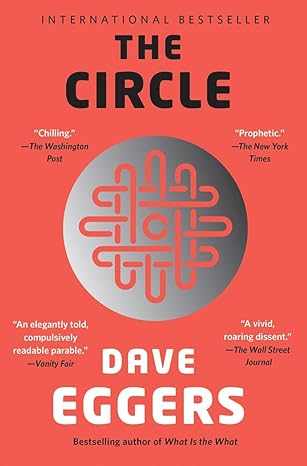
The Circle by David Eggers
When Mae joins the world’s most influential tech company, she eagerly embraces its vision of total transparency. But as privacy dissolves and constant surveillance becomes the norm, she realizes how easily control over one’s life can slip away, particularly for the most vulnerable. Eggers’ novel is a sobering examination of corporate dominance and the illusion of choice in the digital age.
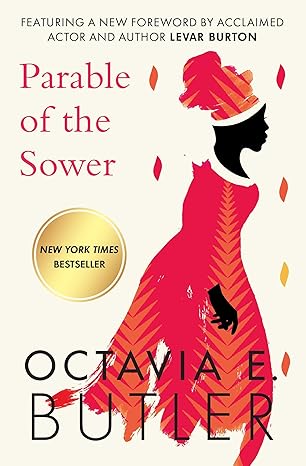
Parable of the Sower by Octavia E. Butler
In a bleak, near-future America torn apart by climate change and societal collapse, Parable of the Sower follows a young woman determined to carve out a future on her own terms. Butler’s exploration of survival amidst chaos highlights the vulnerability of personal freedom in times of crisis, and the lengths people must go to protect their dignity and independence.
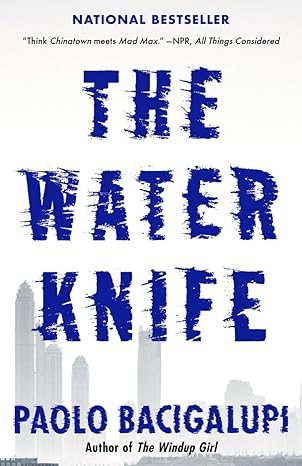
The Water Knife by Paolo Bacigalupi
Set in a future ravaged by water scarcity, The Water Knife follows those fighting for control over dwindling resources. In a dystopian America where survival is a high-stakes game, characters — especially women — must navigate the erosion of their rights, facing corrupt systems and corporate greed that make self-determination a rare and precious commodity.
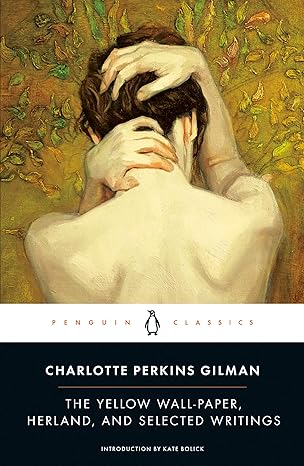
Herland by Charlotte Perkins Gilman
A thought-provoking utopian novel, Herland envisions a society entirely composed of women who have built a peaceful, self-sustaining community. Through this all-female world, Gilman challenges readers to reflect on the limitations imposed by patriarchal systems, demonstrating how women can flourish when freed from oppression and societal constraints.
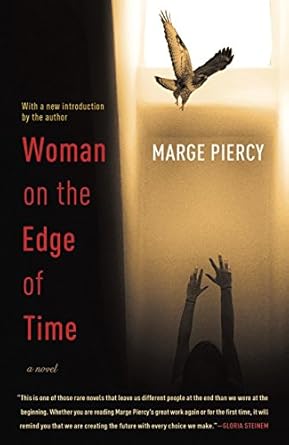
Woman on the Edge of Time by Marge Piercy
Connie Ramos, the protagonist of Woman on the Edge of Time, is caught between a grim present and a potential future where society has reimagined gender and personal freedom. Through time travel, she explores how systems of control — especially those that limit personal agency — can be dismantled, offering hope to the oppressed. Piercy’s novel examines the tension between individual rights and societal expectations, making it a timely reflection on the ongoing battle for equality.









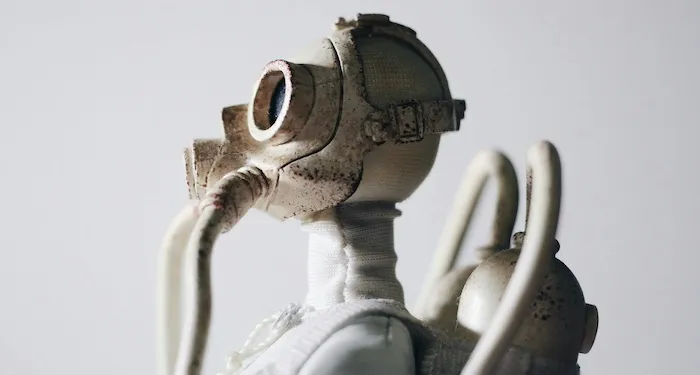

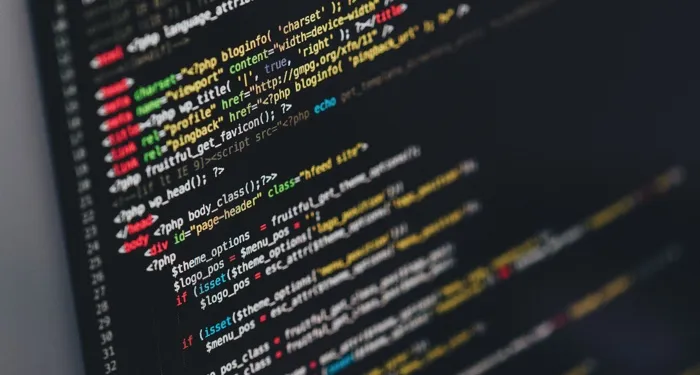

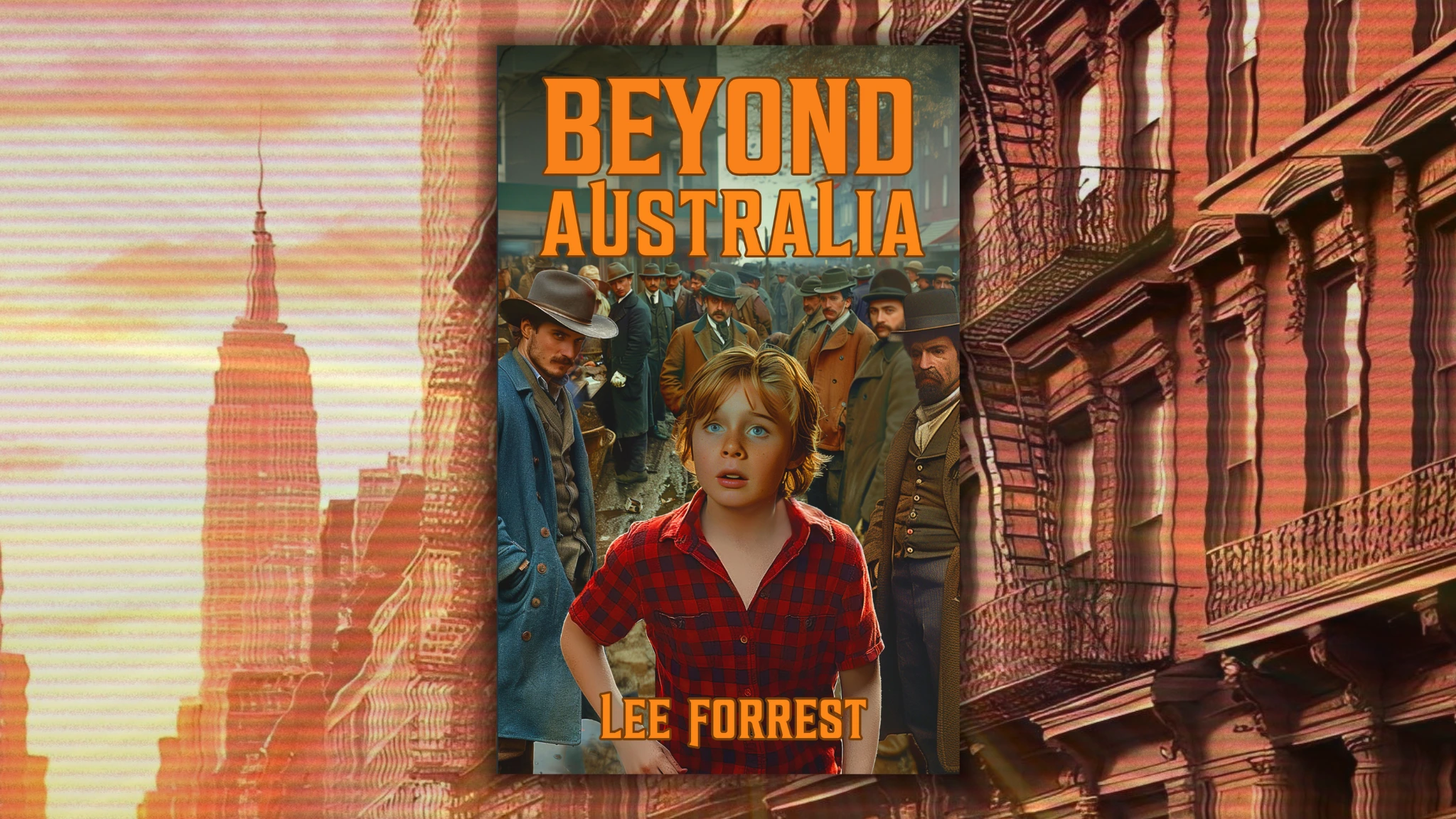
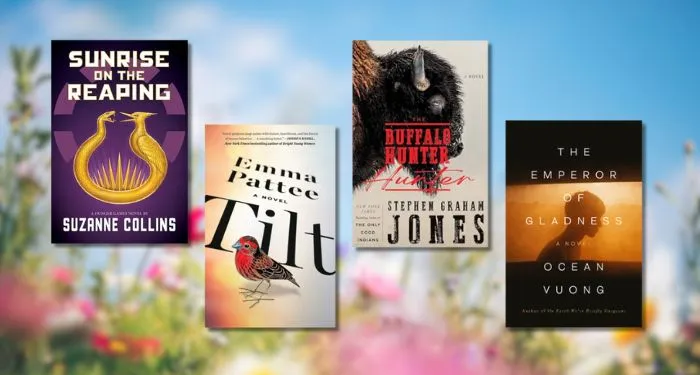


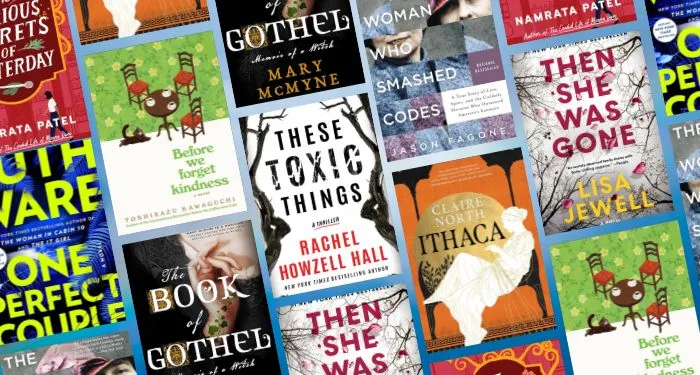


 English (US) ·
English (US) ·